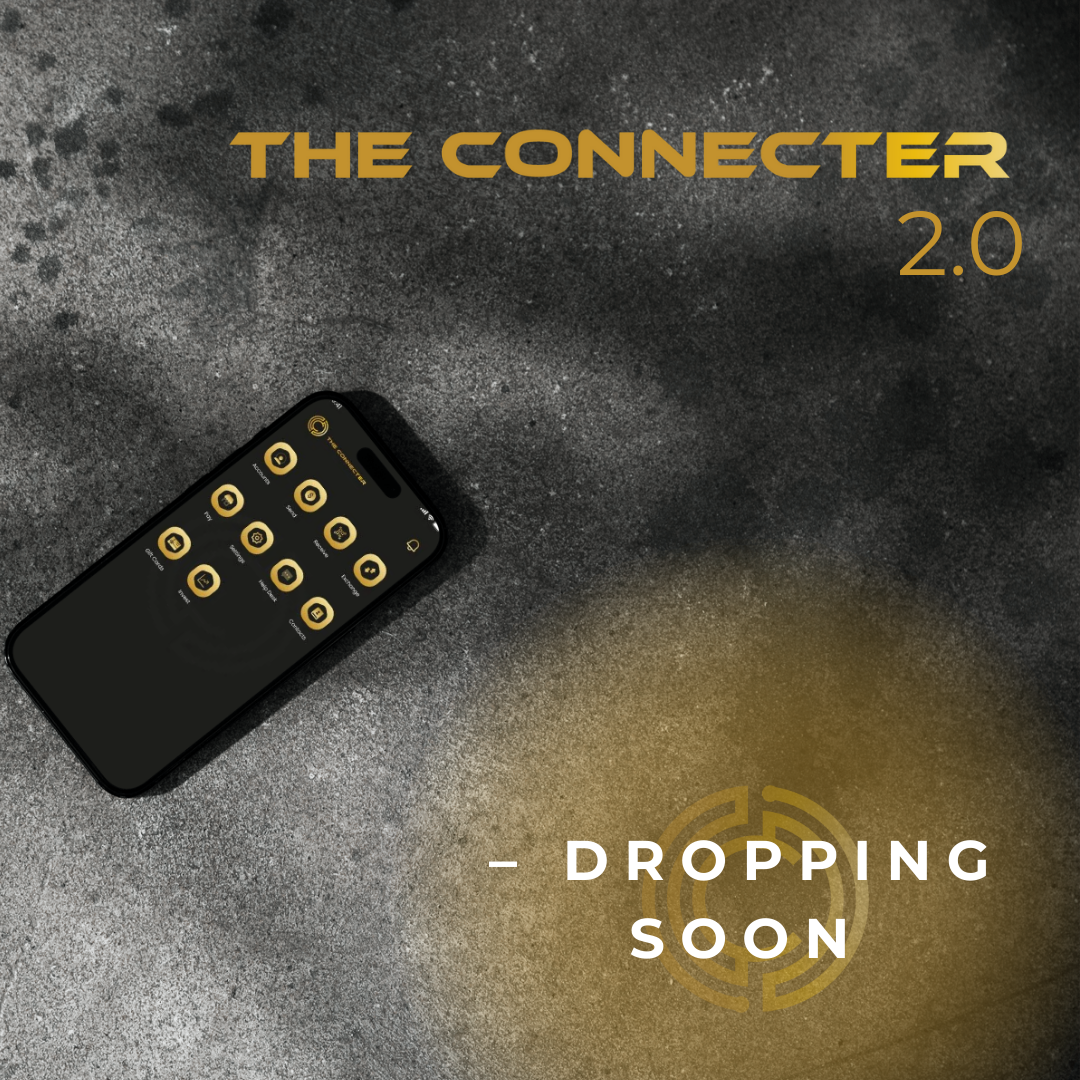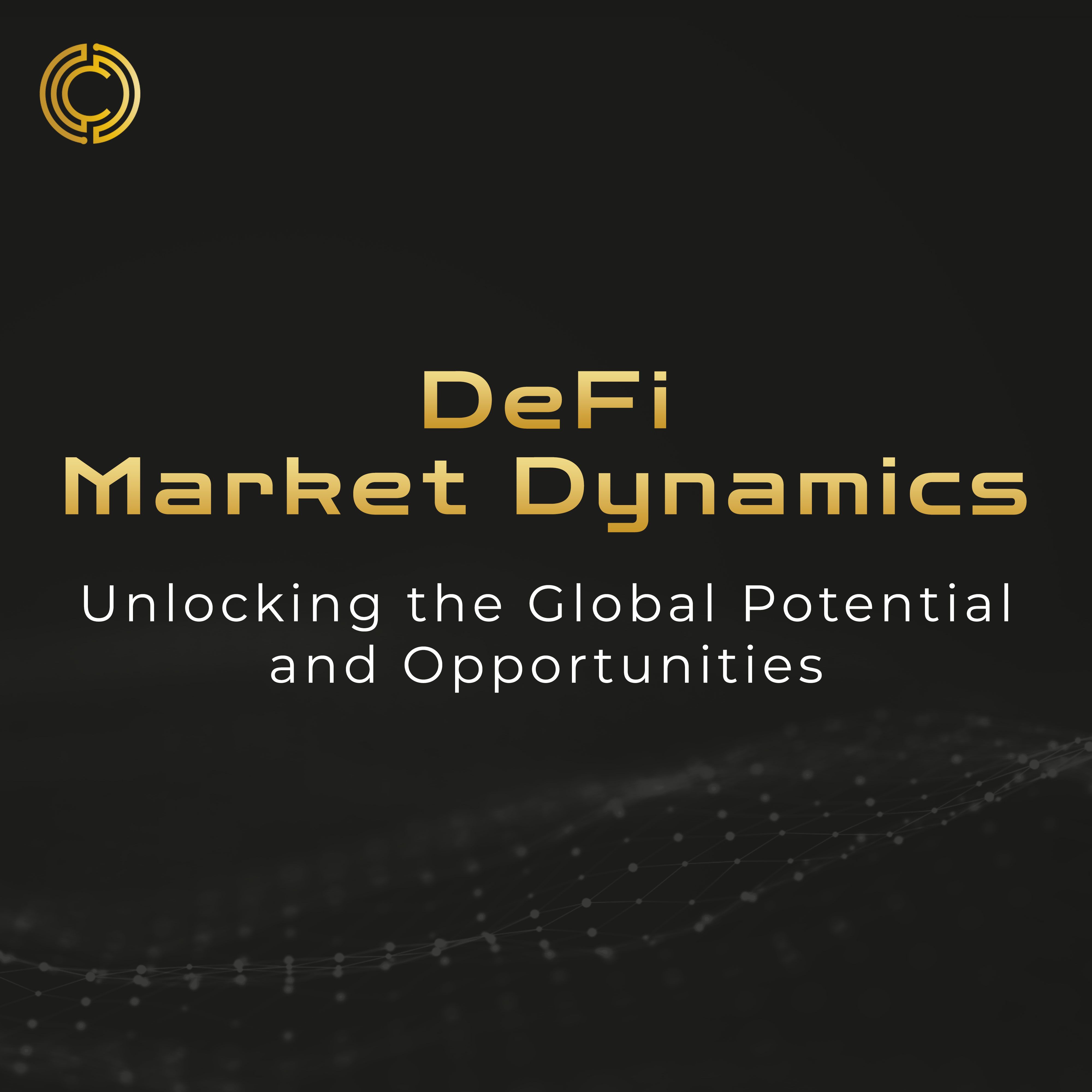

Decentralized Finance (DeFi) stands as a beacon of financial liberation, offering users unprecedented control over their assets without traditional intermediaries. In this blog post, we delve into the dynamic world of Know Your Customer (KYC) in DeFi, exploring the security aspects, ethical incentives, and alternative solutions that challenge the conventional need for KYC.
The Strength of Decentralized Security:
DeFi’s decentralized nature, rooted in blockchain technology and smart contracts, establishes a robust foundation for secure financial transactions. However, the debate surrounding KYC persists, prompting an examination of the nuances and potential alternatives.
Privacy and Accessibility Concerns:
KYC, while a staple in traditional finance, raises significant privacy concerns in DeFi. Users value the pseudonymous nature of transactions on the blockchain, and KYC contradicts this principle. Furthermore, KYC can be a barrier to entry for those without traditional identification documents, hindering the inclusive vision of DeFi.
Ethical Incentives Through Proof of Stake:
Certain consensus mechanisms, such as Proof of Stake (PoS), offer unique ethical incentives. In PoS, validators are required to stake cryptocurrency as collateral. Monetary incentives align with ethical behavior as validators risk losing their stake through “burning” should they validate a fraudulent transaction. This mechanism serves as a powerful deterrent, promoting integrity within the decentralized network.
Zero-Knowledge Proofs:
A compelling alternative to traditional ID verification lies in the realm of zero-knowledge proofs. These cryptographic protocols allow users to prove the authenticity of information without revealing the details themselves. By leveraging zero-knowledge proofs, DeFi platforms can authenticate user credentials without compromising the pseudonymous nature of blockchain transactions, providing a middle ground between security and privacy.
Immutable Smart Contracts and Trust:
The transparency and immutability of smart contracts contribute to the trustless nature of DeFi. With code and consensus governing transactions, the need for trust in intermediaries diminishes, reducing the risk of fraud. This characteristic challenges the necessity of KYC in a system where transparency is inherent.
Decentralized Finance is navigating uncharted waters, seeking the delicate equilibrium between security, privacy, and ethical behavior. While KYC has been a staple in traditional finance, the unique features of DeFi, including ethical incentives through Proof of Stake, the use of zero-knowledge proofs, and the reliance on immutable smart contracts, present a paradigm shift. As the DeFi landscape evolves, innovative solutions and ethical frameworks will play a pivotal role in shaping a future where financial autonomy is not only secure but also respects the principles of privacy and inclusivity.







